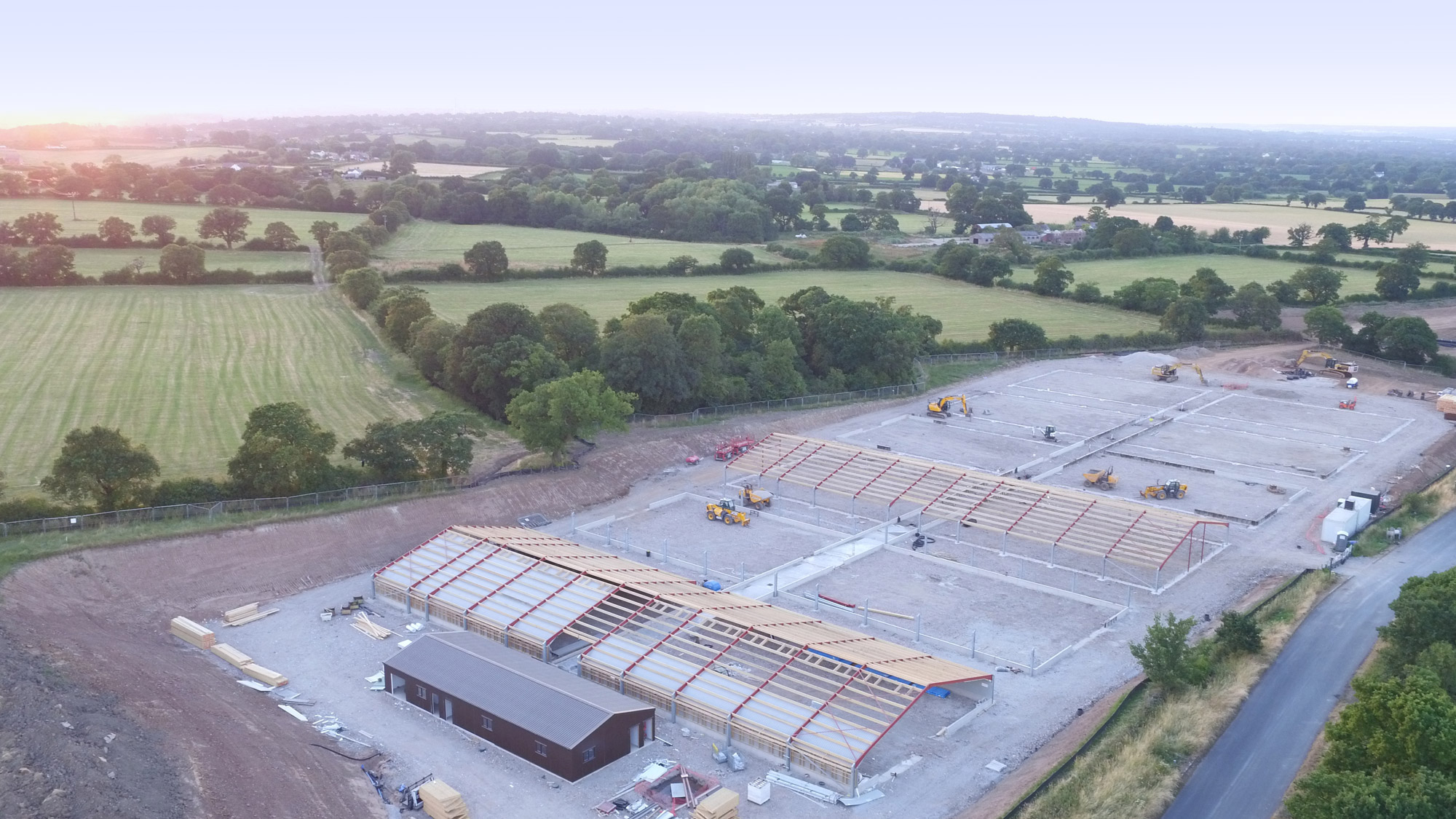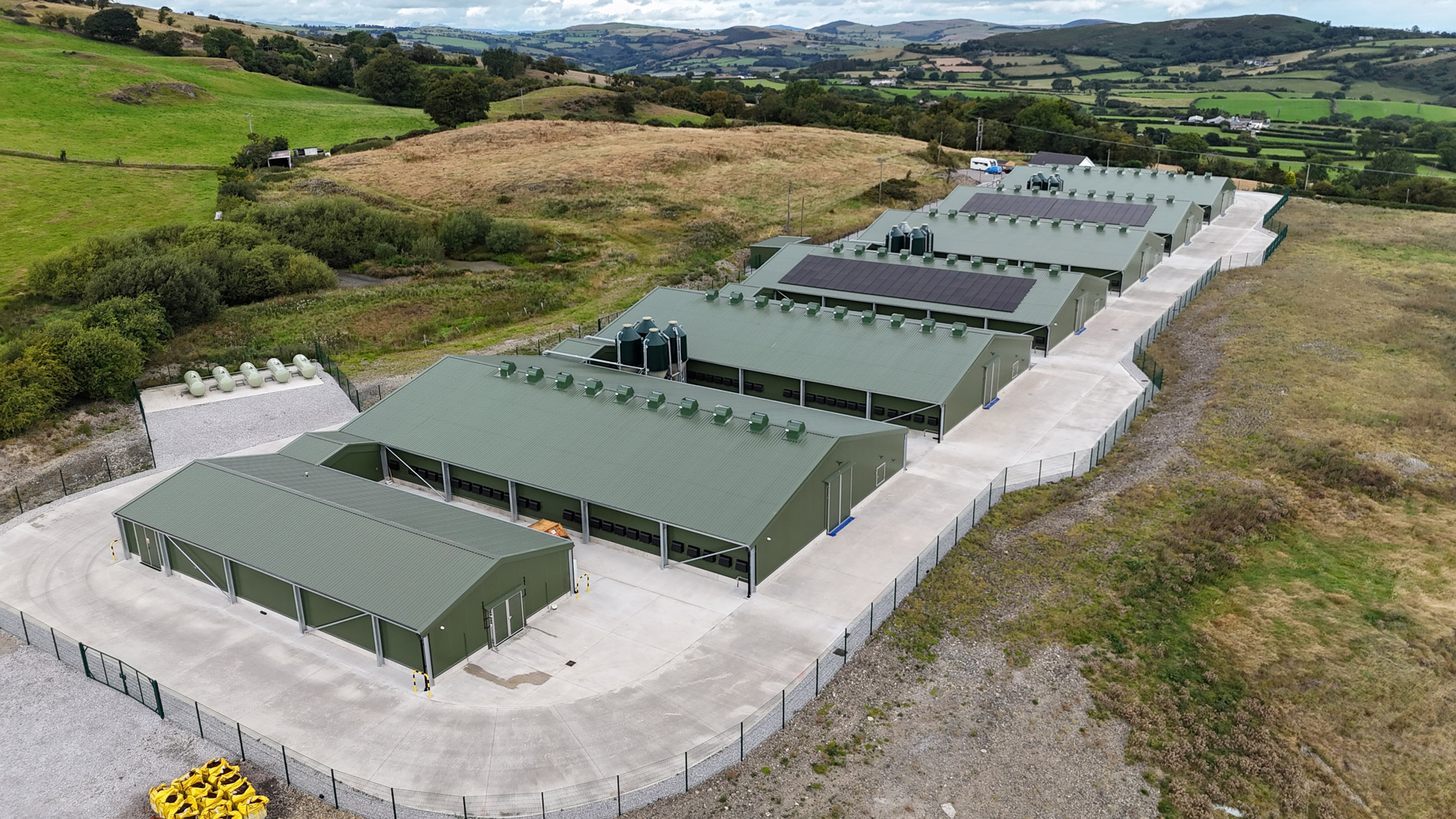Building The Future: Developments and Upgrades at Aviagen Turkeys Limited
Over the last 12 months, Aviagen Turkeys Ltd (ATL) have been in the process of building and refurbishing pedigree rear and lay farms. In 2024, land was purchased in North Wales and work began to develop two brand-new facilities. One a pedigree rearing farm & one a pedigree laying farm, both of which will be utilised together. Alongside this, ATL also began to refurbish one of their pedigree laying farms in North Cheshire, in order to bring it in line with the latest and best biosecurity and technology features.
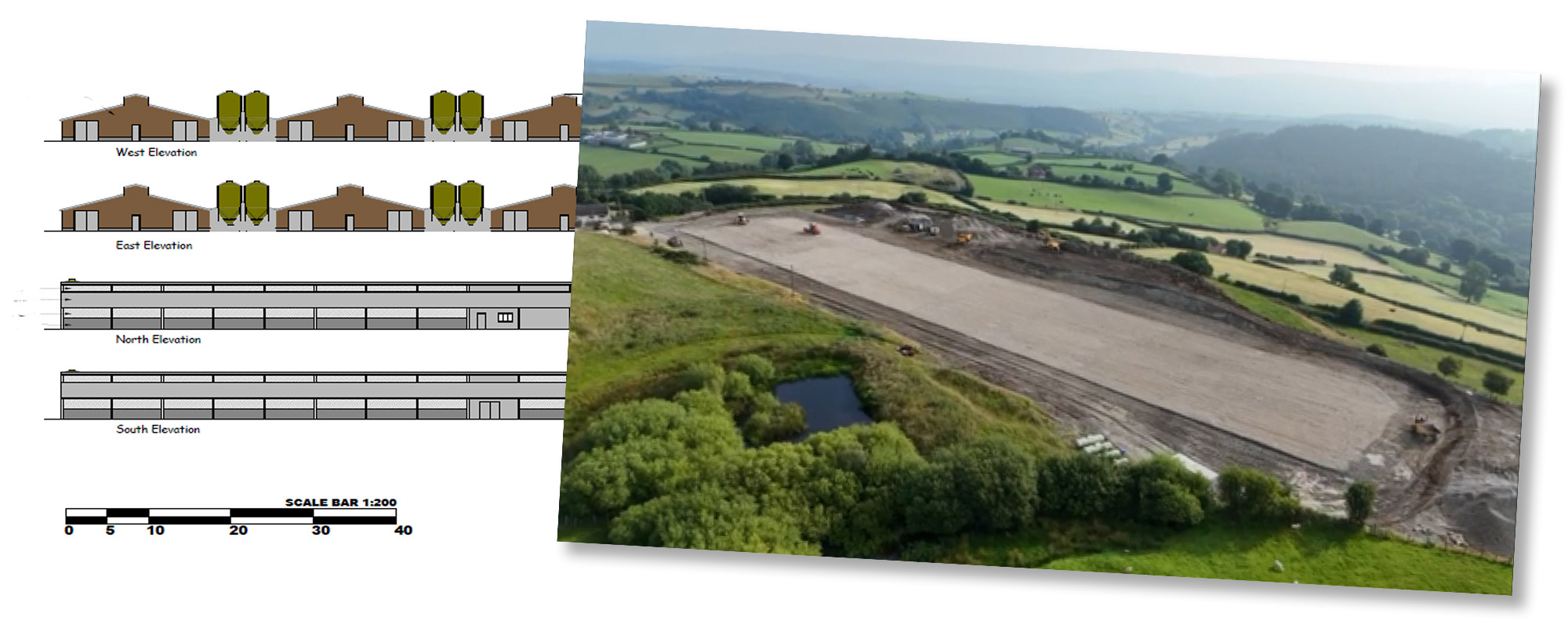
Denbighshire, North Wales.
Both ATL’s new-build pedigree rear and lay farms are nearing completion, representing a significant investment in high-performance, bio-secure facilities. The pedigree rearing farm is set to complete its first flock in September and has so far performed to all expectations. The next flock will be a winter flock, when the farm will fully demonstrate the benefits of the highly insulated structural composite panel construction, which is designed for maximum thermal efficiency. The lay sister farm is also nearing completion and features the same composite panel construction, ideal for its more exposed location. The rear farm follows the same internal design as ATL’s North Cheshire site, with spacious work areas and a clearly defined operational flow throughout. Biosecurity remains a top priority, with features such as automated wheel washing systems and digital entry controls ensuring strict traffic management and minimising the risk of contamination.
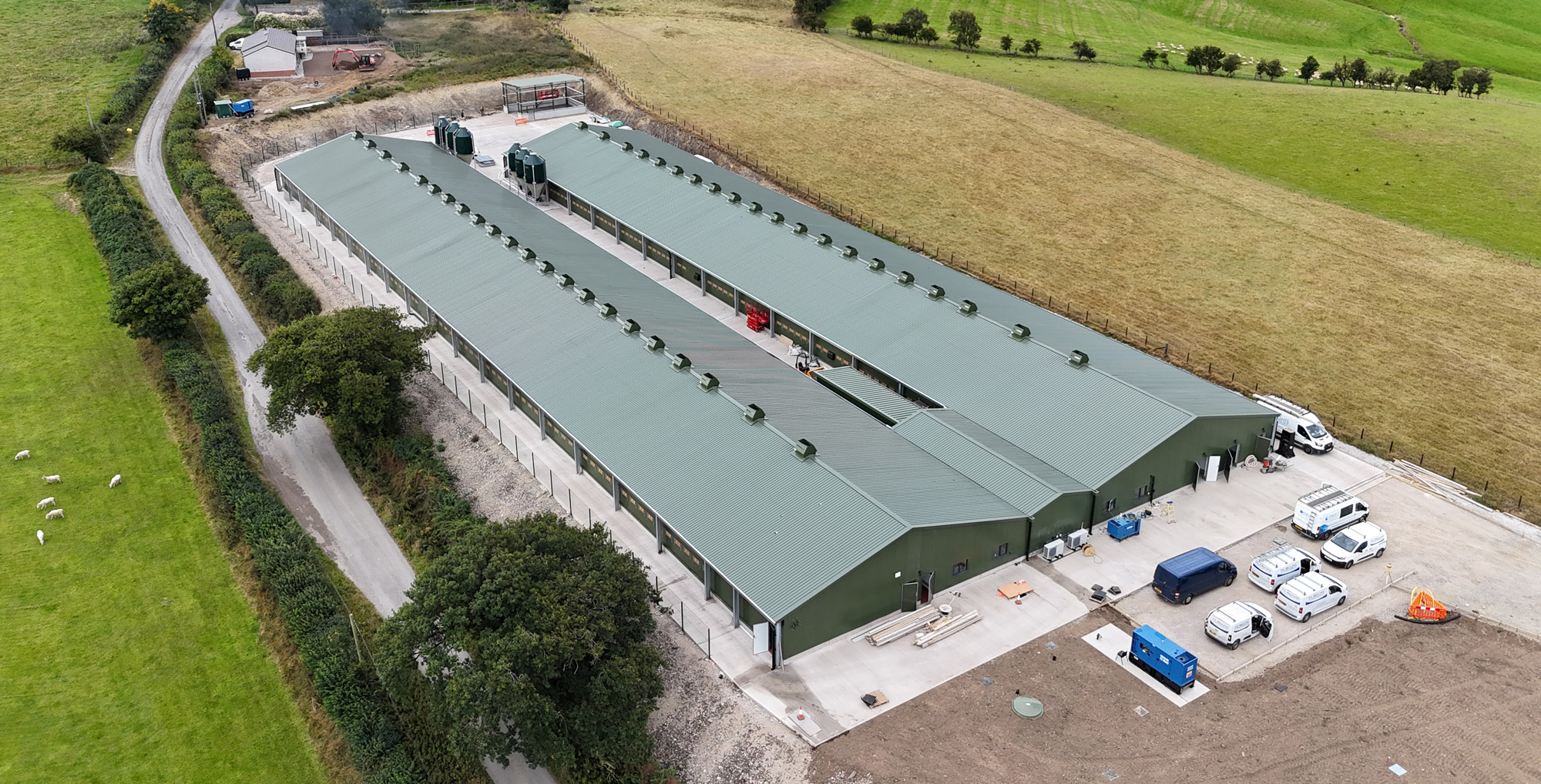
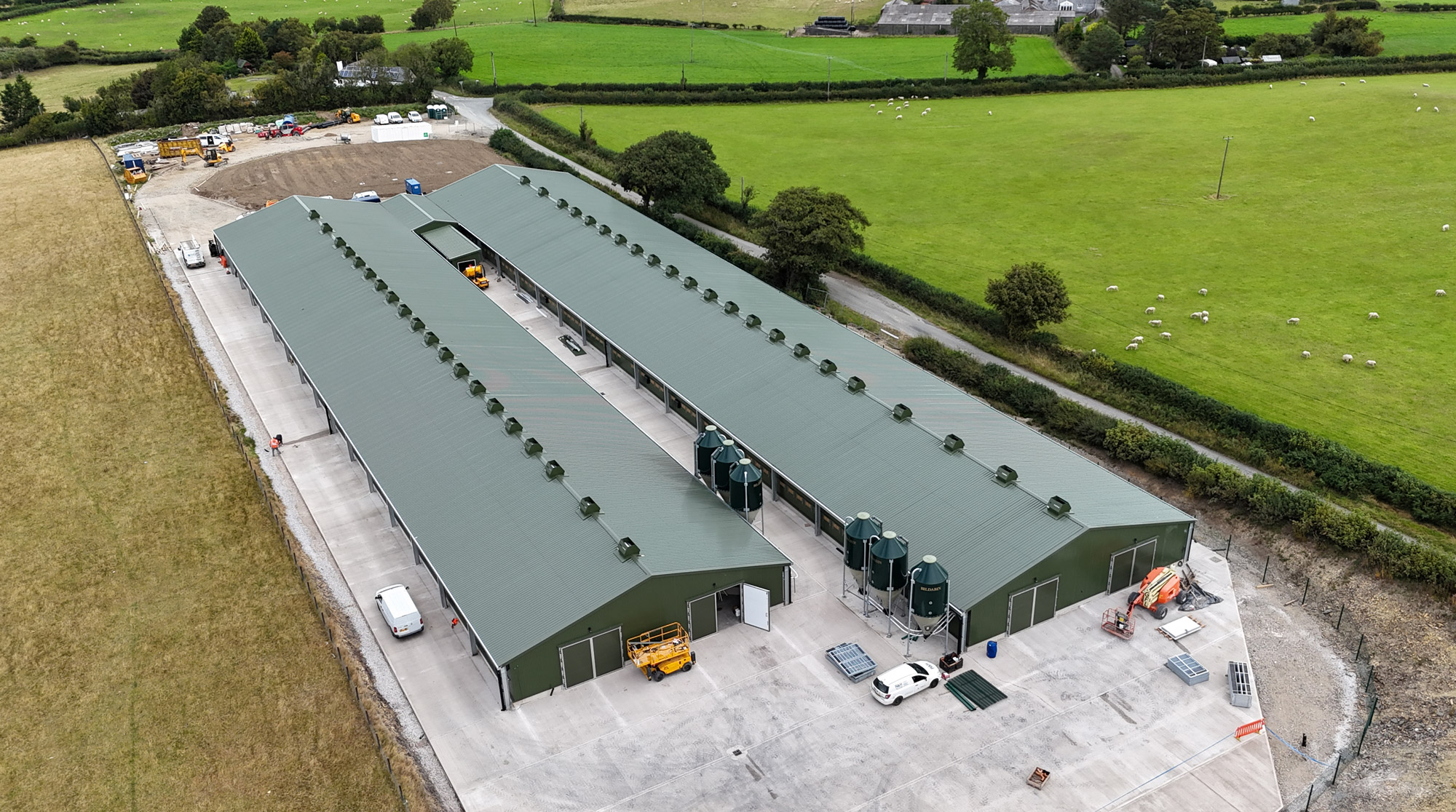
North Cheshire.
ATL’s North Cheshire farm has undergone a full rebuild, which is now complete and currently in the commissioning phase. Drawing on many years of experience in pedigree laying farm design, the new facility has been carefully developed to perfectly suit its purpose. It is a six-airspace, naturally ventilated pedigree lay site, incorporating the latest technology and best biosecurity practices. Biosecurity is at the heart of the design, with tightly meshed veranda areas that prevent the entry of fomites and act as cleanable buffer zones before access to bird areas. Extensive external concrete service areas, including easily accessible roofs, allow the entire site to be thoroughly cleaned. Additional features such as a central linked control corridor and improved egg processing areas further enhance operational efficiency. The farm is due to receive birds at the beginning of 2026.
